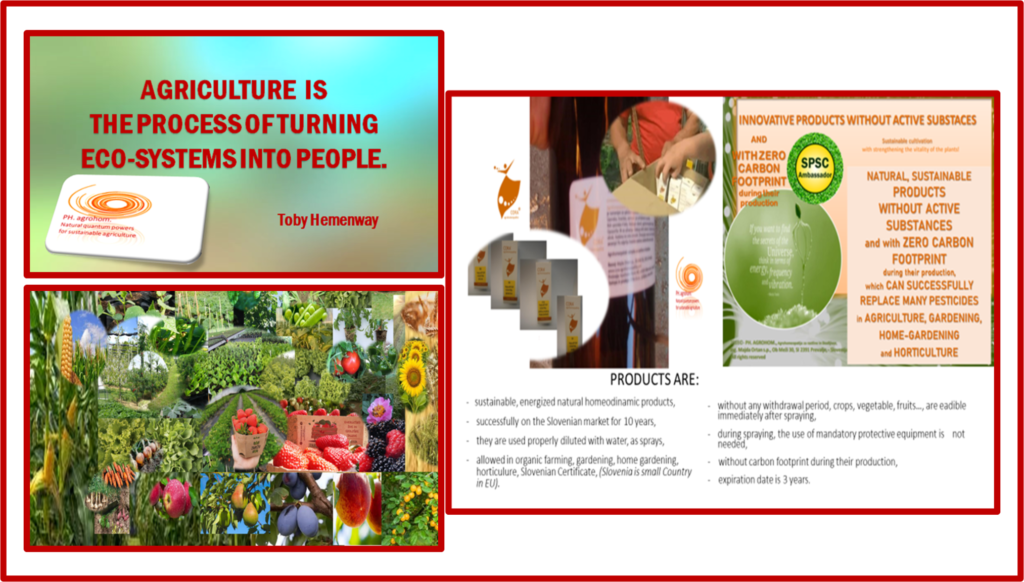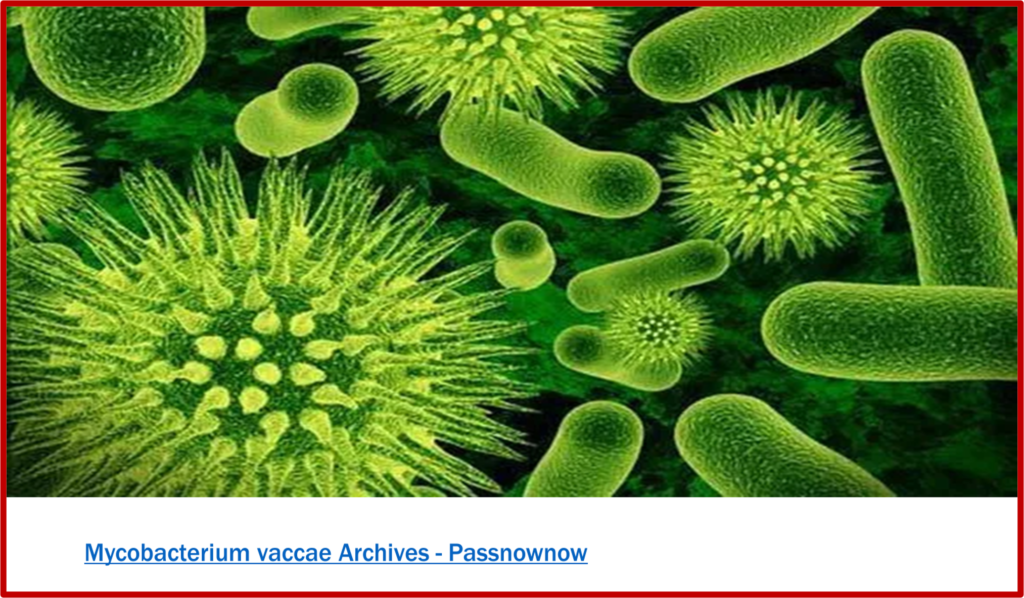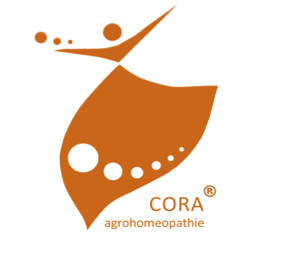Depression is nowadays common disease. According to the World Health Organization (WHO), about 280 million people worldwide have depression, including 5% of the world’s adults and 5.7% of adults above age 60. The discovery of the medical drug fluoxetine (Prozac) by Eli Lilly and Company in 1987 meant a gamechange in the treatment of depressive disorders.
“Depression can involve deeply distressing thoughts and emotions, including feelings of guilt, worthlessness, and thoughts of suicide.Depressed people are feeling overwhelmed by painful and unbearable thoughts, they don’t have to manage them alone. Living with depression is also known to increase your chances of experiencing suicidal thoughts. In the United States alone, depression leads to about 40,000 deathsTrusted Source by suicide each year.” (1)
Biologically pathological depressive disorders are caused by a lack of the hormone serotonin in the body. Lack of serotonin has been linked to depression, anxiety, obsessive-compulsive disorders, and bipolar disorders.
The lifestyle of today’s people and the environment in which people live today are two general areas that can be linked to the modern epidemic of depression.
Fast food, characterized by high levels of refined sugars, saturated fats and processed ingredients, can contribute to an increased risk of developing depression. Fast food is often rich in unhealthy trans fats, which are linked to inflammation in the body. Chronic inflammation is linked to a variety of mental health problems, including depression. Eating processed and sugary foods causes rapid spikes and drops in blood sugar levels, which has a negative impact on people’s moods and contributes to depression.
Fast, processed foods are typically low in nutrients and low in fiber. They cause disturbances in the production of neurotransmitters, e.g. serotonin, which regulates human mood. Imbalances in serotonin levels are implicated in depression, and a diet deficient in the necessary proper nutrients can exacerbate these imbalances.
A typical dietary pattern associated with an increased risk of depression includes high amounts of red or processed meat, refined grains, sweets, high-fat dairy products, potatoes, and high amounts of saturated fat. Fast food is typically high in saturated fat, trans fat, and omega-6 fatty acids, which can trigger an inflammatory response linked to anxiety and depression.
Although the relationship between fast food consumption and depression is multifaceted, the evidence points to a noteworthy connection. Addressing this issue requires a comprehensive approach that considers dietary choices, dietary intake, lifestyle factors, and the broader social and environmental context. Encouraging healthier eating habits and raising awareness of the mental health impact of fast food are key steps to promoting overall well-being.
Prozac – savior or vice – versa
Prozac is very widely used in the world as a medicine for depression. However, this antidepressant can also have adverse effects. Also, the pill will not cure you of the causes of your serotonin problems. This requires a lifestyle change.
TO THE HAPPINESS WITH GARDENING AND WITH THE FARMING
How often do you hear people say that after a stressful time at work, gardening is the most relaxing and joyful thing to do. This is a saving gift to man today. As well as becouse of the food growing and becouse of benefits of touching earth / dirt. Because of the much-needed earthing for human well-being and for one inner peace, natural happiness.
Earthing we understand is connected to the earth’s weak electromagnetic field.
What is about happyness, peace and eart / dirt?
Natural antidepressant in soil? YES! It’s true. Mycobacterium vaccae is the substance under study and has indeed been found to mirror the effect on neurons that drugs like Prozac provide. The bacterium is found in soil and may stimulate serotonin production, which makes you relaxed and happier. Studies were conducted on cancer patients and they reported a better quality of life and less stress.
Mycobacterium antidepressant microbes in the soil are also being investigated for improving cognitive function, Crohn’s disease, and even rheumatoid arthritis.
Soil Bacteria Work In Similar Way To Antidepressants
UK scientists suggest that a type of friendly bacteria found in soil may affect the brain in a similar way to antidepressants. Their findings are published in the early online edition of the journal Neuroscience:
“Soil bacteria can boost immune system
Harmless bug works as well as antidepressant drugs, study suggests
EXTRACT: Exposure to friendly soil bacteria could improve mood by boosting the immune system just as effectively as antidepressant drugs, a new study suggests.
The researchers suspect, however, that the microbes are affecting the brain indirectly by causing immune cells to release chemicals called cytokines. “We know that some of these cytokines can activate the nerves that relay signals from the body to the brain,” Lowry said in a telephone interview.
The stimulated nerves cause certain neurons in the brain to release a chemical called serotonin into the prefrontal cortex, an area of the brain known to be involved in mood regulation, among other things.
Scientists think the lack of serotonin in the brain is thought to cause depression in people.
Previous studies have linked early childhood exposure to bacteria to protection against allergies and asthma in adulthood. The new finding take this idea, called the “hygiene hypothesis,” a step further, and suggests bacteria-exposure not only boosts our immune systems, but alters our vulnerability to conditions such as depression as well.
“These studies help us understand how the body communicates with the brain and why a healthy immune system is important for maintaining mental health,” Lowry said. “They also leave us wondering if we shouldn’t all be spending more time playing in the dirt.”” (3)
I don’t wear gloves when gardening. I garden barefoot. By working on the land, you connect with the primal forces of Nature. This is an important part of restoring our balance as determined by the Natural Order.
So let’s use it as often as possible!
And it is an excellent natural anti-depressant treatment.
THE SPIRIT OF THE PRESENT TIME: A 15 Minutes towns/ cities in modernistic residential neighborhoods
Nowadays, there is a shortage of housing in cities.
This shortfall has given rise to a wide variety of innovative solutions.
Among them are the so-called few-minute cities, which are basically closed residential neighborhoods with hundreds of apartments. There are no kitchens in them, as it is assumed that the residents will not cook for themselves. Kitchens are being replaced by food warmers, as it is assumed that residents will only heat pre-prepared, processed food. It is said that the advantage is that residents will not have to leave these residential neighborhoods at all, as they will have they have everything they need for life. To put it in a caricature, the residents of these neighborhoods will not even need shoes, as they can reach everything in their residential neighborhood in slippers, in a couple of minutes. There are hundreds, even thousands of housing units in such gated residential neighborhoods.
Investors guarantee that they have the best intentions with them.
But I have my personal concerns, and the Natural Order probably agrees with me.
No need to guess, invited to read again the content of this post before this section, and you will surely know what thoughts I have in mind…
In my opinion, the term life nowadays deserves a correct and humane definition! Life must have the conditions to be able to live in accordance with the Natural Order. With this, in my opinion, a healthy, correct and just foundation is/ will be/ must be given for life!
Attention please!
This article is in no way a substitute for medical advice or treatment. Diseases are treated by doctors!
Sourse and Reference
(1) Depression Facts and Statistics
(2) Link between fast food and depression. Published: intermountainhealth.org, 1st of March 2024
(3) Soil Bacteria Work In Similar Way To Antidepressants. By Authors: C.A. Lowry, J.H. Hollisa, A. de Vriesa, B. Pana, L.R. Brunetb, J.R.F. Huntb, J.F.R. Patonc, E. van Kampena, D.M. Knighta, A.K. Evansa, G.A.W. Rookb and S.L. Lightmana.
Published by: Neuroscience Available online 28 March 2007
doi:10.1016/j.neuroscience.2007.01.067
Please, NOTE:
In Majda Ortan’s texts, I only state my personal reflections and my personal views. Dear readers, please take this into account! Thank you!
– RECOMMENDED FURTHER READINGS FROM OUR LIBRARY
- EXPOSED: HIGH RECOMMENDED: THERE IS NO CHANGE WITHOUT CHANGE
–YOU ARE KINDLY INVITED TO EXPLORE POSSIBILITIES FOR OUR MUTUAL BUSINESS COOPERATION – HERE! WELCOME TO CONTACT US AND TO ORDER!
–Kindly invited to folow me on LinkedIn and to join my LinkedIn community. Thank you, you are sincerely welcome.
–UNDER LINK: BUSSINESS CARD with SHORT INTRODUCTION AND OUR GENERAL OFFER! Kindly invited to order! You are sincerelly welcome!
–OUR SHORT INTRODUCTION AND GENERAL BUSINESS OFFER
–KINDLY INVITED TO DO BUSINESS WITH US AND TO ORDER!

–FIND MORE in OUR SHORT INTRODUCTION AND GENERAL BUSINESS OFFER
–KINDLY INVITED TO DO BUSINESS WITH US AND TO ORDER!

–FIND MORE in OUR SHORT INTRODUCTION AND GENERAL BUSINESS OFFER
–KINDLY INVITED TO DO BUSINESS WITH US AND TO ORDER!






